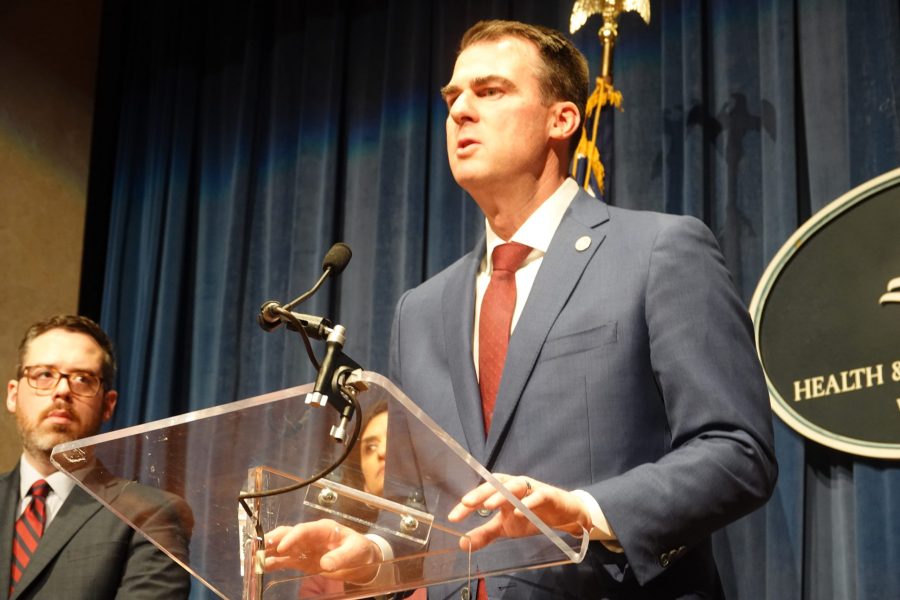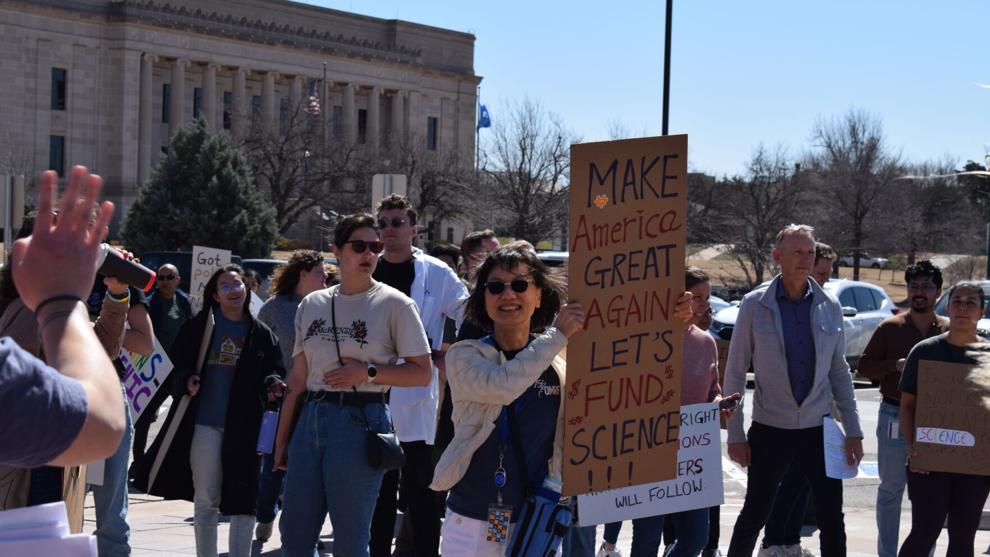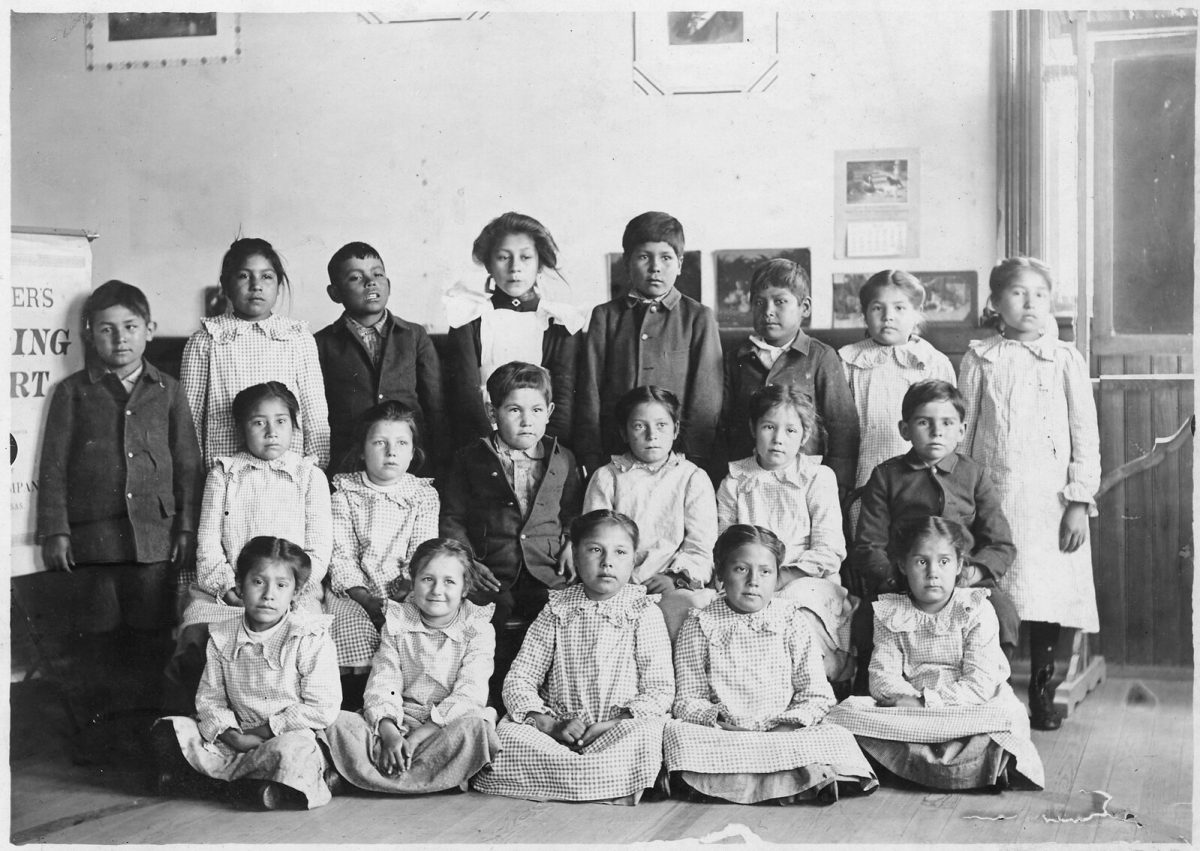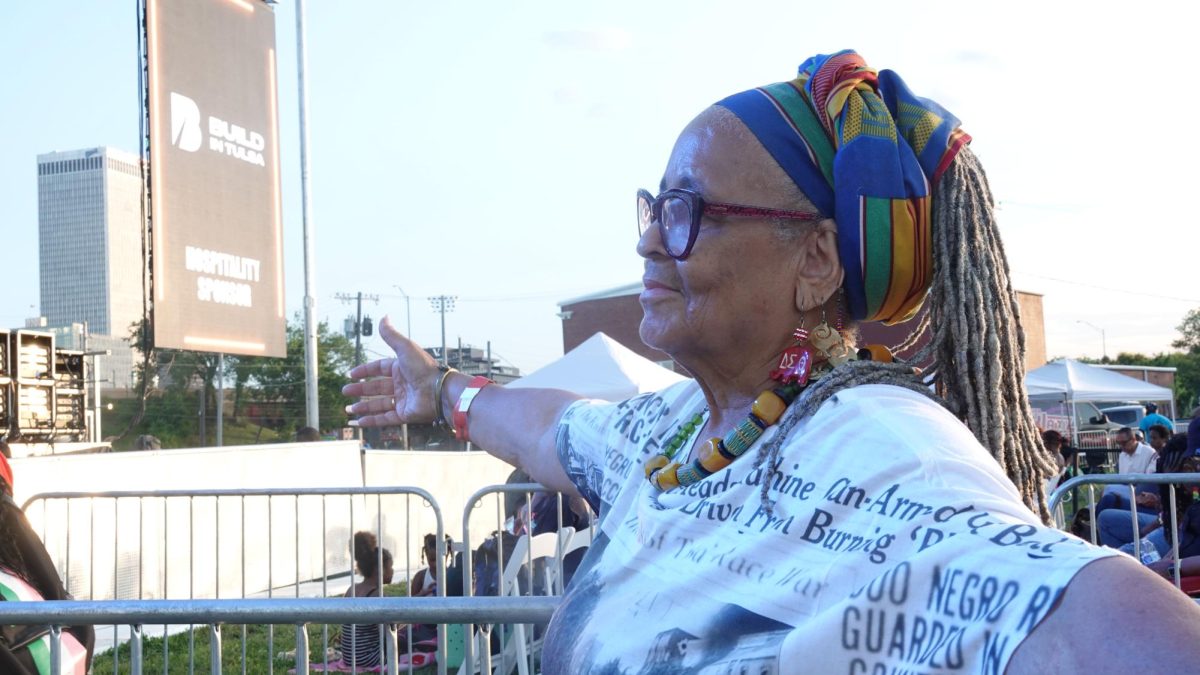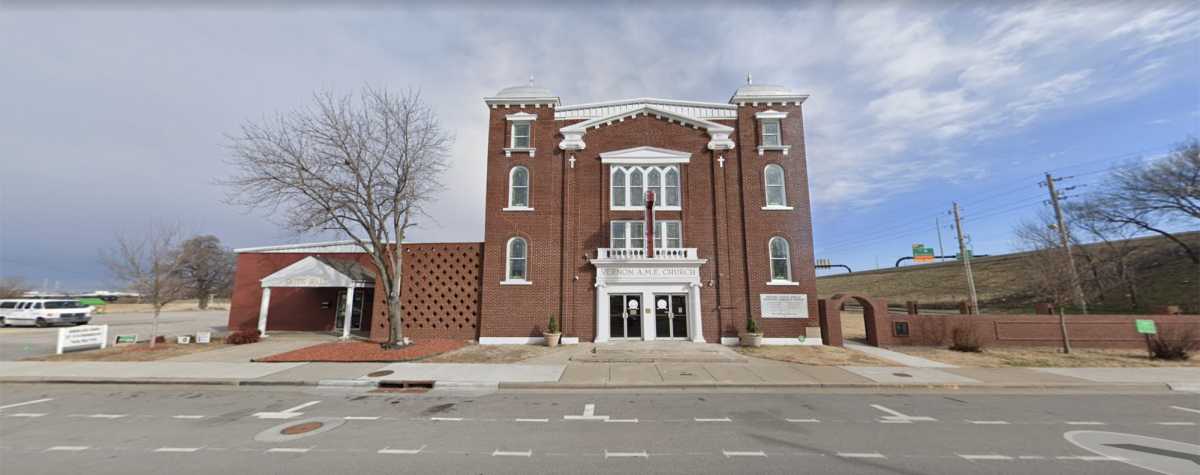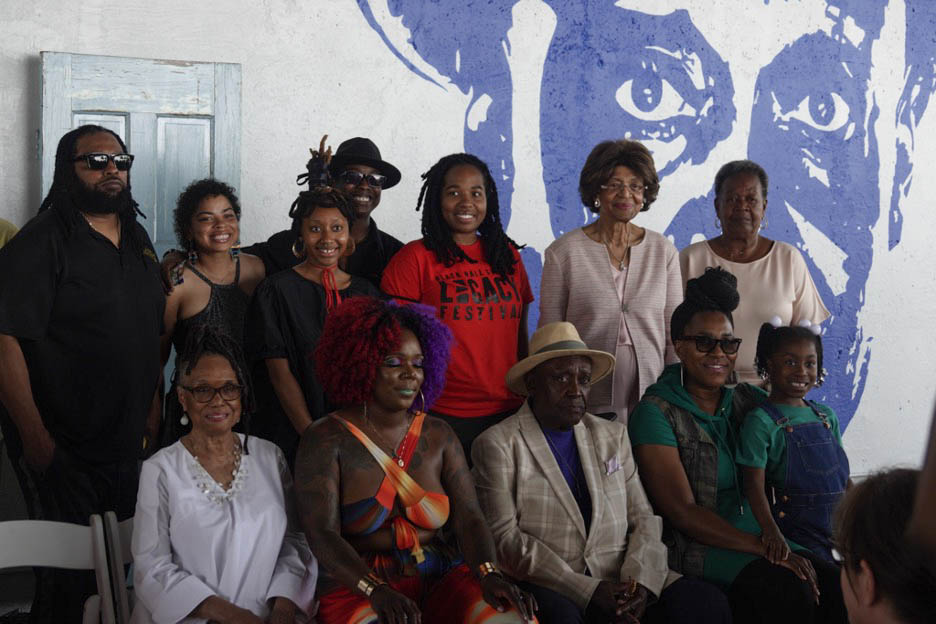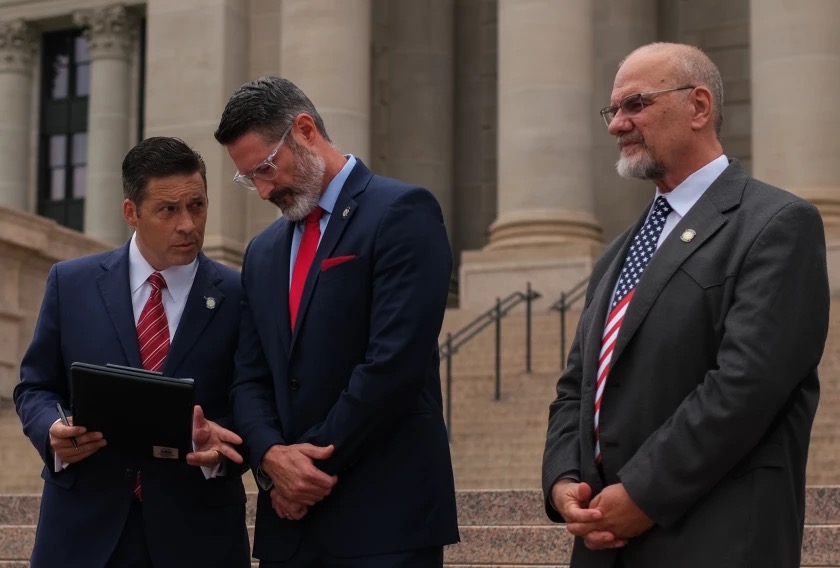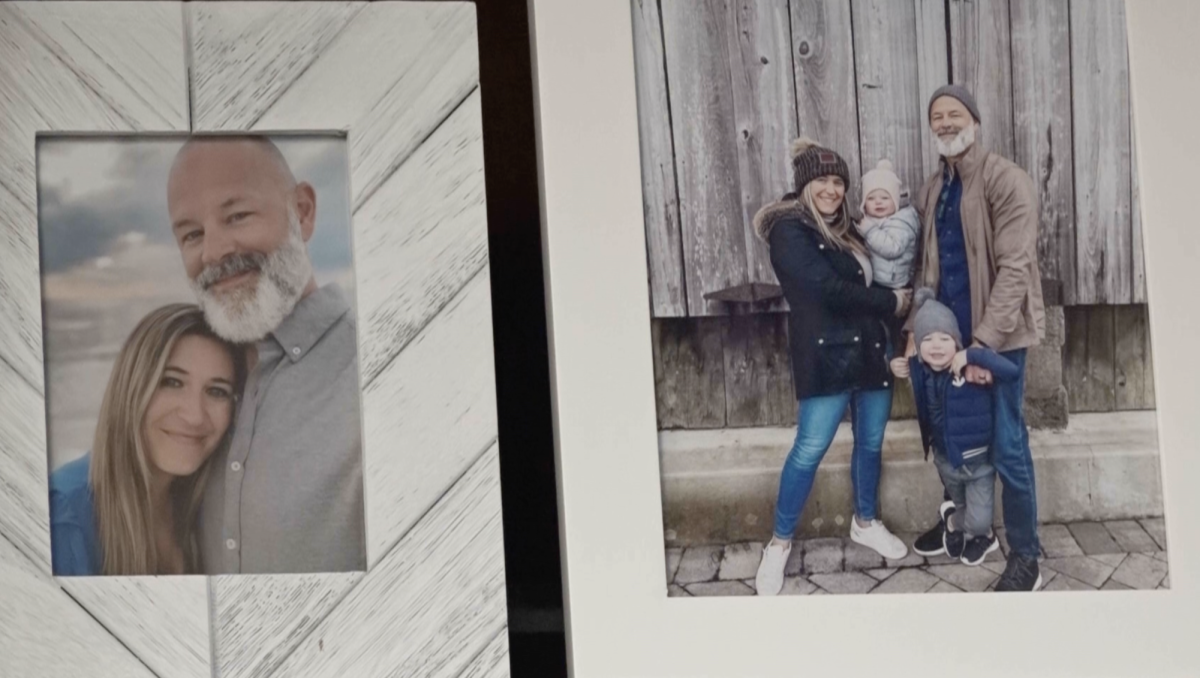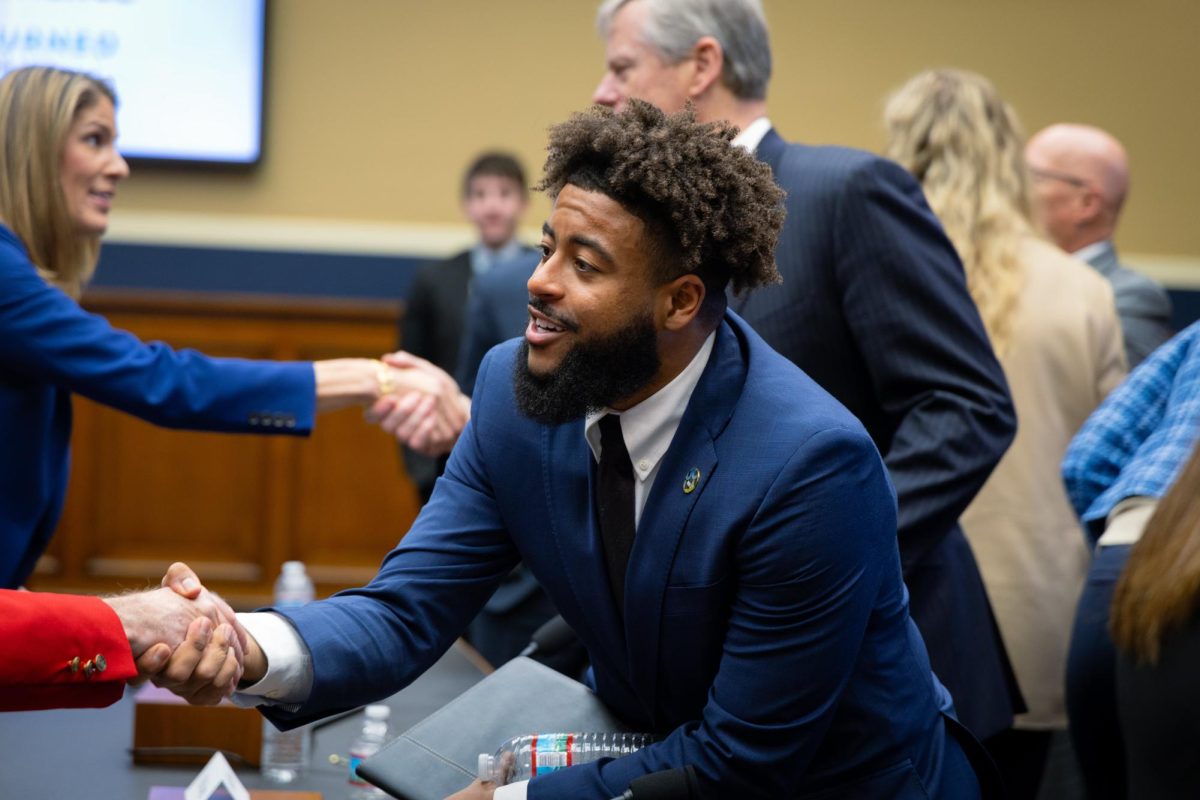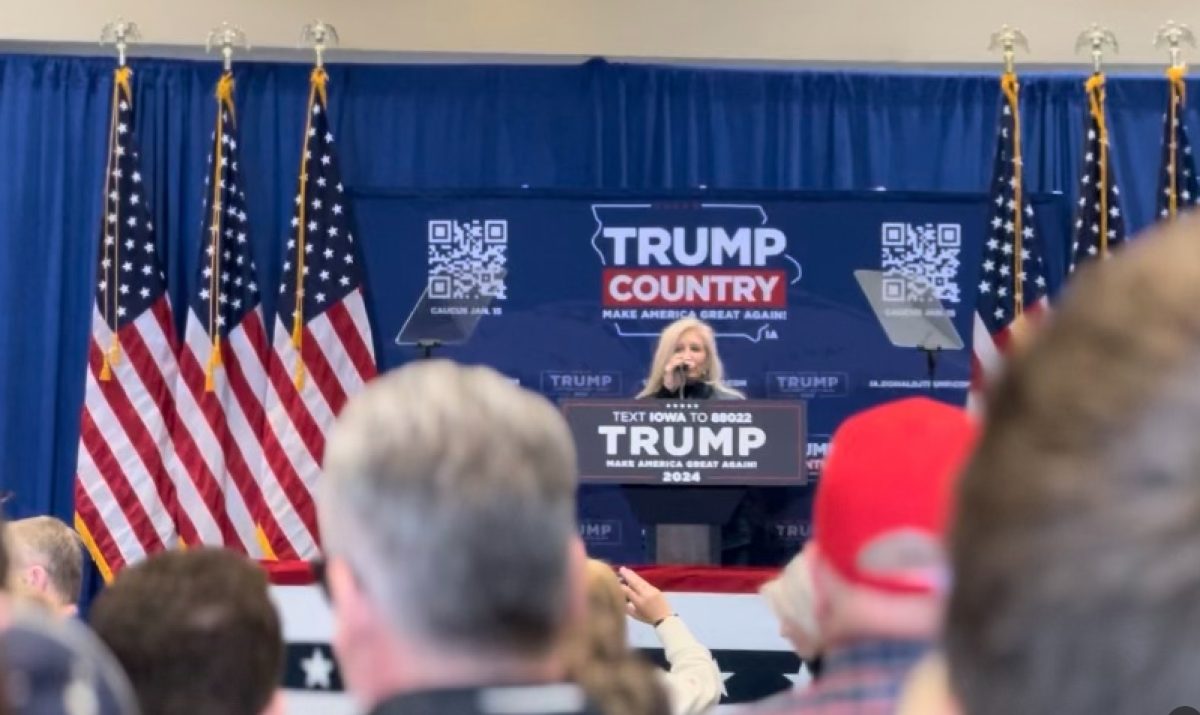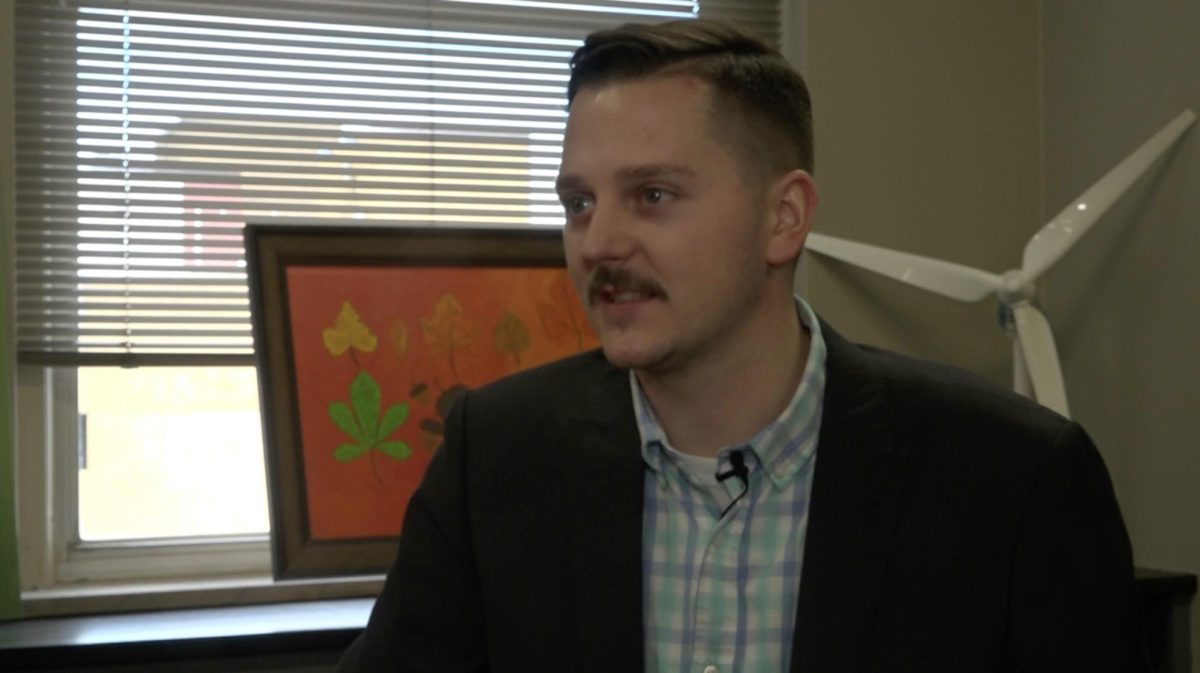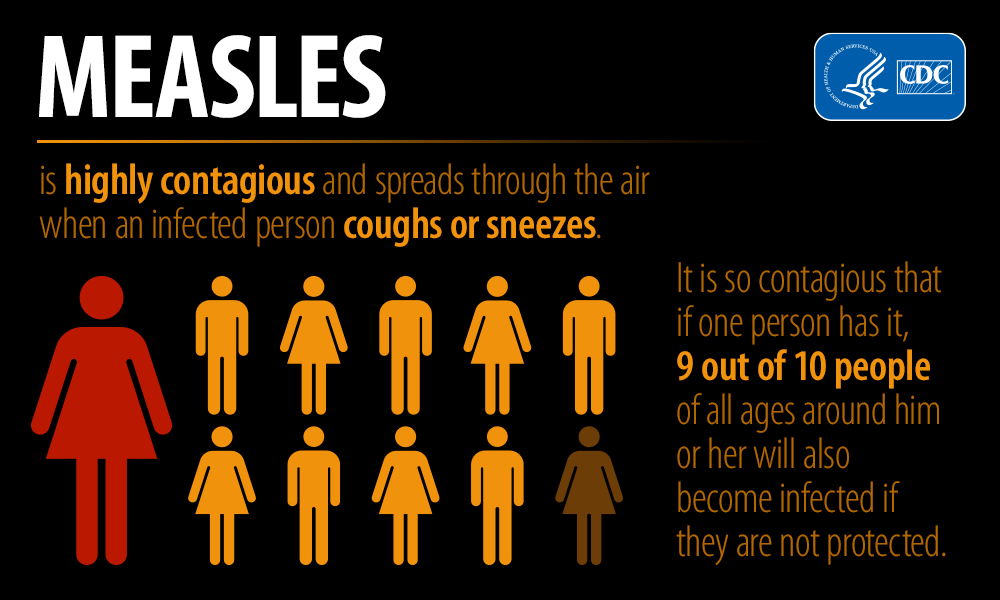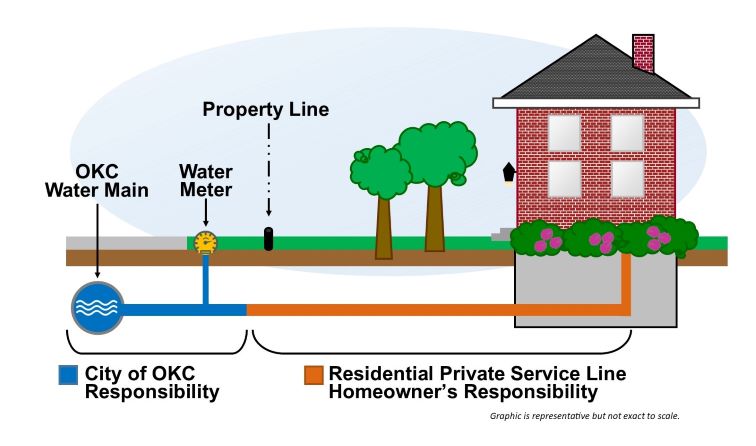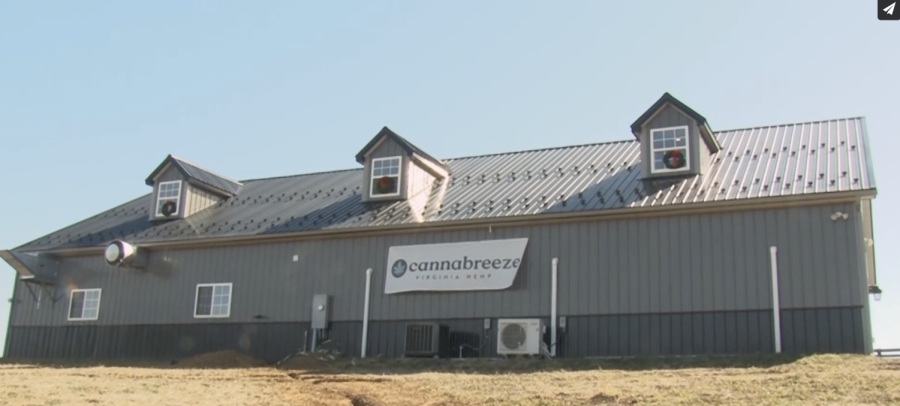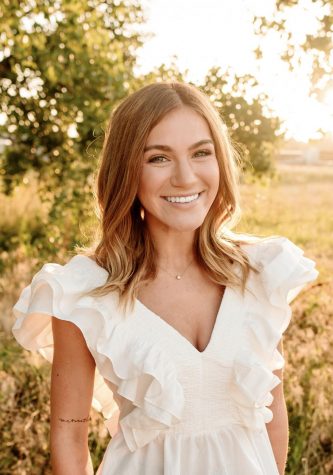Governor Kevin Stitt (R-OK) speaks on behalf of the Trump Administration’s Medicaid Healthy Adult Opportunity Initiative on Jan. 30, 2020 in Washington, D.C. Stitt also announced his new Oklahoma healthcare plan, SoonerCare 2.0, while expressing his goal of becoming one of the first states to implement Trump’s HAO. PHOTO: BROOKLYN WAYLAND/Gaylord News
WASHINGTON – Hoping to blunt a drive to expand Medicaid coverage via a state question, Governor Kevin Stitt on Thursday announced support of a Trump administration Medicaid plan that would permit block grants to fund a healthcare plan to be called SoonerCare 2.0.
The plan would focus on capturing federal funds available under Medicaid while pursuing the maximum flexibility offered by the proposed federal Healthy Adult Opportunity plan initiative to deliver personal responsibility, innovate the rural healthcare system and deliver reform across the entire Medicaid program in the state.
Oklahoma House Speaker Charles McCall (R-Atoka) quickly endorsed support for Stitt’s new plan.
“Our Caucus appreciates Governor Stitt’s strong leadership working with the Trump administration to bring federal dollars back to Oklahoma,” said McCall.
“At first glance, the governor’s plan swiftly brings our federal dollars home to help Oklahomans in a far more responsible fashion than the state question. The state question forces the Obamacare federal model upon states, and the Trump-Stitt plan puts states in charge of their own healthcare and health outcomes,” McCall said.
The Trump plan resembles what is commonly known as a block grant to fund projects or programs like this one. Medicaid block grants have been blocked in the past by Congress.
According to Stitt, “there will be some negotiations we do with CMS [Center for Medicare and Medicaid] on whether we do a per-person total expenditure that we get from the federal government or if it’s going to be a total amount.”
Because the Trump plan is an optional demonstration initiative, Stitt said it offers a great deal of flexibility with the focus of allowing states to figure out what works best for their people.
Stitt plans to establish moderate premiums with hopes of transitioning to private health insurance coverage, expand targeted treatment for opioid addiction and substance abuse and establish work requirements that encourage Oklahomans to “be engaged in activity that advances their personal potential – whether it be education, certification programs, work, or community involvement.”
With at least seven rural-Oklahoma hospitals being forced to close in the past 10 years and nearly 30 percent at risk of closing, rural healthcare has been a hot topic in OKlahoma politics. The new SoonerCare 2.0 is no exception.
Stitt discussed the need for a focus on Oklahoma’s rural needs last fall. This included enhancing provider reimbursement, authorizing telehealth services and reimagining “hospitals” to expand care options to parts of the state with scarce populations.
U.S. Rep. Kendra Horn (D-OK) said expanding Medicaid in some fashion in Oklahoma is a priority.
“Over the past decade in Oklahoma we have had seven hospitals close across our state. This impacts the health and safety of individuals and it impacts the overall health of our community,” Horn said.
But in a tweet Thursday afternoon Horn (D-OK) expressed her concerns over the new plan.
“Block grants put them [the over 500,000 children who rely on SoonerCare for healthcare access] in danger of losing access to the providers in their communities and the lifesaving medications they need,” she said. “That is the wrong direction for our state.”
Horn said she hopes Oklahomans will support Medicaid expansion as she has for a long time to help working families across the state.
In a SoonerPoll in July of 2019, 56.3 percent of Oklahomans surveyed said they were in favor of Medicaid expansion.
With buzz from the state on State Question 802 being available for the ballot, Medicaid expansion is proving to be important to Oklahomans as a whole.
Stitt called the state question a “straight up clean Medicaid expansion,” which he is opposed to.
According to Stitt, “it’s the wrong approach.”
After a record 299,731 signatures were counted by state officials, State Question 802, which expands Medicaid to low-income adults in Oklahoma, is closer to being on the ballot. The Secretary of State on Jan. 9 certified all requirements had been met and the official ballot title had been certified to the State Election Board.
It is up to Stitt to set the date for when SQ 802 will be placed on the ballot for the 2020 calendar year.
Stitt has said it will be sometime in the summer or in November. By that time, he hopes his healthcare plan could be on its way to being implemented.
Under SQ 802, a Medicaid expansion plan would add provisions to the Oklahoma Constitution requiring the state to expand coverage. Specifically, this would include people between the ages of 18 and 65 who are not currently covered and have an annual income at or below 133 percent of the federal poverty line as calculated under federal law.
Additionally, SQ 802 lays out boundaries for future restrictions on Medicaid, declaring the state cannot create further restrictions on eligibility for Medicaid recipients.
This would implement Medicaid expansion by July of 2021. Stitt’s administration says it would exceed that timeline with SoonerCare 2.0.
According to the Kaiser Family Foundation, 36 states and Washington, D.C., have expanded their Medicaid programs, leaving Oklahoma one of 14 states that have yet to follow suit.
With the announcement of his new healthcare plan, Stitt said he hopes his proposal will trump the one offered in SQ 802 and there will be time for Oklahomans to decide which plan is best for them.
At Thursday’s announcement in Washington, Stitt expressed his dislike for SQ 802.
“Efforts to do this [ensure federal tax dollars be returned to the state and put to work] through amending our Constitution to force Medicaid expansion are wrong and will be ineffective and will fail to fix our problems,” Stitt said.
Stitt said he is committed to ensuring Oklahoma is one of the first states in the nation to implement the health adult initiative.
“Our whole outcome is healthier Oklahomans and taking our population from one of the highest in uninsured populations to improve health outcomes in Oklahoma,” Stitt said.

